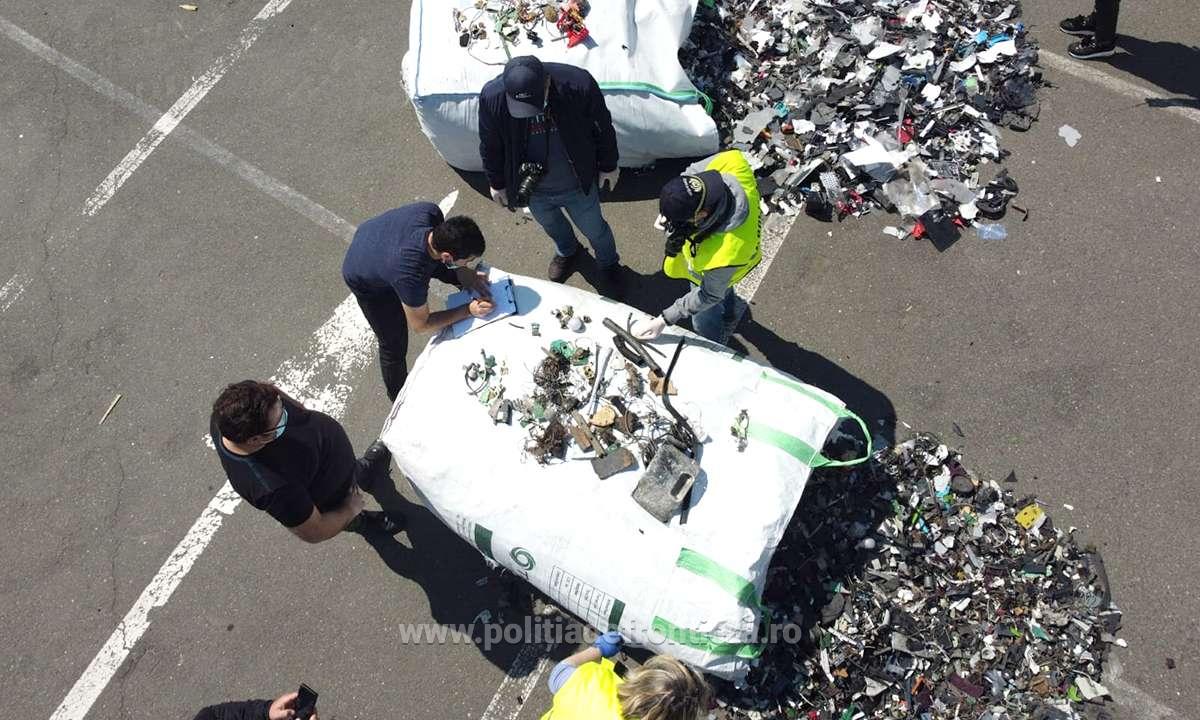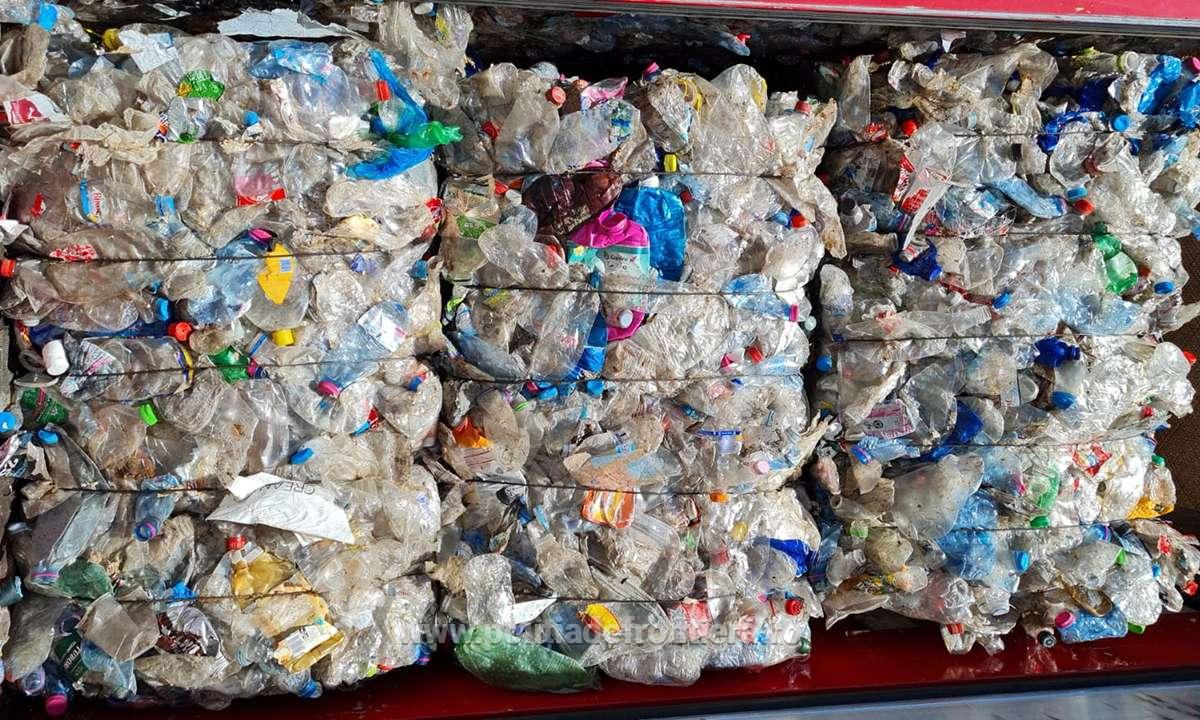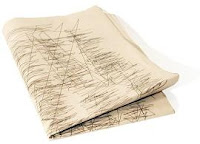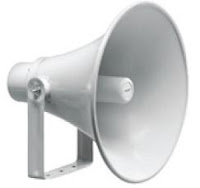After China ban, Romania hit by illegal waste imports
 Despite having the second-lowest waste-recycling rates in the EU, Romania has become overflowing with waste and garbage - most of it brought in illegally from abroad (Photo: epsos.de)
Despite having the second-lowest waste-recycling rates in the EU, Romania has become overflowing with waste and garbage - most of it brought in illegally from abroad (Photo: epsos.de)
Despite having the second-lowest waste-recycling rates in the European Union, Romania has become overflowing with waste and garbage - most of it brought in illegally from abroad.
This week, 189 tonnes of waste from Italy were discovered in the yard of a company from Bihor county, in western Romania. The country's environmental guard control established that those importing the waste had no facility to recycle it, and it would most likely will end up in illegal landfills.
The Romanian coast guard seized several containers loaded with unusable waste, shipped to the Romanian Black Sea port of Constanta, from various EU member states.
Prosecutors established that a shipment of waste from Portugal had been falsely declared to the customs authority as scrap plastic - but proved to be unusable, and toxic, waste.
Meahwhile, another 25 tonnes of rubber waste had made its way from UK to the same Romanian port, and was seized by customs police.
And another 70 containers with illegal waste, brought to Romania from Belgium, were identified at several other Romanian ports along the Black Sea coast.
Again, goods were falsely declared to the customs authorities as used plastic waste. The police report showed that - despite the documents stating that the cargo contained plastic waste - it in fact contained wood, metal waste and hazardous materials.
The containers had been loaded in Germany, and the goods came from a Belgian company.
And, a week before that, the former head of Port Customs at Constanța was sent to trial over allegations of allowing the smuggling of over 100 containers of waste, shipped from the UK to Romania.
And all this happened in less than a month.
Romania's problem with waste and illegal imports has come under increased public scrutiny after such incidents picked up significantly over the past year and a half - and particularly after China, the world's primary importer of waste, implemented a plastic ban.
On Wednesday (21 April), Romania's environment minister, Tanczos Barna, publicly declared that these activities are being run by organised crime, and that the state authorities will now need to scan every shipment that enters the country to see if transport documents reflect what is actually in the cargo.
Barna also admitted that Romania does not have an organised system for the selective disposal and ecological storage of waste, and that - simultaneously but paradoxically - domestic recycling businesses dealing are not receiving enough waste, due to Romania's poor waste management.
It is these businesses that are resorting to imported waste.
'Tip of iceberg'
But only a fraction of what arrives in Romania is actually usable waste, most of the rest being un-recyclable or toxic materials, illegally imported.
More and more companies are importing to Romania, under the pretext of importing second-hand products, tonnes of scrap electronic equipment, plastics, medical waste, and even toxic substances. All this garbage ends up buried in fields, or simply burned.
"A countrywide waste tracking system is needed, in order to identify and stop the so-called 'second-hand goods' which prove to be, in fact, unusable waste from being imported. I bet that what we see entering through the Port of Constanta or over Romania's western border is only the tip of the iceberg", Oana Neneciu, director of the Centre for Sustainable Policies Ecopolis, told EUobserver.
Illegal waste imports fuel not only organised crime but also pollute the very air we breathe.
As most of the waste ends up, not in recycling centres, but in illegal dumps, the trash is usually burned, emitting toxic smoke and fine-particulate matter into the air.
Such illegal burning has frequently engulfed Romania's capital city in such smoke, making it one of the most polluted in Europe.
Bucharest has recorded instances of particulate-matter pollution at more than 1,000 percent above the accepted threshold.
And Brussels has repeatedly targeted Romania over air pollution and illegal landfill. It has launched legal action over excessive air pollution in not just the capital Bucharest, but cities such as Brașov, Iași, Cluj-Napoca and Timișoara.
The European Court of Justice ruled against Romania last year specifically for the high pollution levels in Bucharest.







